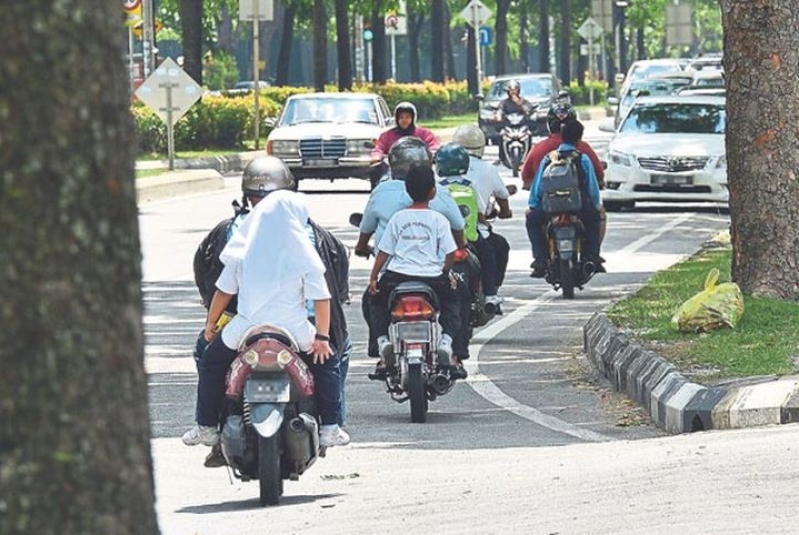
While Malaysia is seen to be a moderate Muslim-majority country, its Constitution does not expressly mark it as a secular country, and neither is it deemed to be an Islamic country. Hence, there are opinions on both sides of the divide as to how one is able to classify the country in terms of its religious affiliation. However, Islam is the religion of the Federation, and over the years, there has been more overtures by Islamic parties and NGOs (Non-Governmental Organizations) alike to make Malaysia more Islamic. Earlier this month, Terengganu, a state on the East Coast of Peninsular Malaysia, saw the state’s religious authorities (known as JHEAT) arrest unmarried Muslim couples. Their “crime”? Riding motorcycles together. The situation became even more ludicrous when a ruling state assemblyman classified such acts as an 'eyesore'.
State Communications, Multimedia and Special Duties Committee chairman Ghazali Taib was the person who said, “Such acts are against Islam and are an eyesore. Many have been given advice so that they can correct their mistake.” He also cited that the Terengganu Religious Affairs Department (JHEAT) had acted well within its jurisdiction of powers.
26 unmarried Muslim couples were caught and arrested under the cover of Ops Bonceng, where the offence was deemed to be an “immoral act in public”. It clearly defies all logic that riding pillion on a motorcycle with your boyfriend or girlfriend is an “immoral act”, but this goes to show how far Malaysia has regressed over the years. The flames of fundamentalism has started to grow in the past few decades, and if you were to talk with Muslim women who live in cities and urban areas, they will tell you that they are under a tremendous amount of pressure to don the “hijab”, quite unlike the carefree days in the early years of Malaysia.
JHEAT commissioner Datuk Wan Mohd Wan Ibrahim did issue warnings about those who ride pillion not to place their hands into the jacket pocket of their partner, or even to hug and lean against one other. He also said that they should not be sitting too closely when on a motorcycle -- which is clearly a big ask. He claims that such actions are precursors to pre-marital sex, and also pregnancies out of wedlock.
Wan Mohd. said, “We will advise unmarried Muslim couples to not ride pillion as it doesn’t portray a good image. That is our job and we are doing this because prevention is better than cure.”
Malaysia has also rose steadily over the years in its rankings under Open Doors’ World Watch List. The World Watch List is an annual compilation on the level of persecution that non-Muslims undergo, and Malaysia is ranked 31 this year. This is in stark contrast with 2010, where Malaysia was not even in the top 50 list. This goes to show just how a few years of fundamentalism is able to turn the tide in such a drastic manner.
Other than that, more radical Muslim preachers like Zakir Naik who hails from India have started to tour the Malaysian circuit in recent years. Despite being allegedly banned from preaching in countries like Canada and the UK, Salafist-thinking Zakir Naik will be preaching in Perlis, which is Malaysia’s smallest state with a predominantly Muslim population later this month this coming this February 10. His appearance in Malaysia last year raised quite the uproar, having allegedly insulted the Hindu community through his fiery sermons. Zakir Naik is also currently seen by many to be 'involved' in unlawful activities, based on a Mumbai police report last year.






